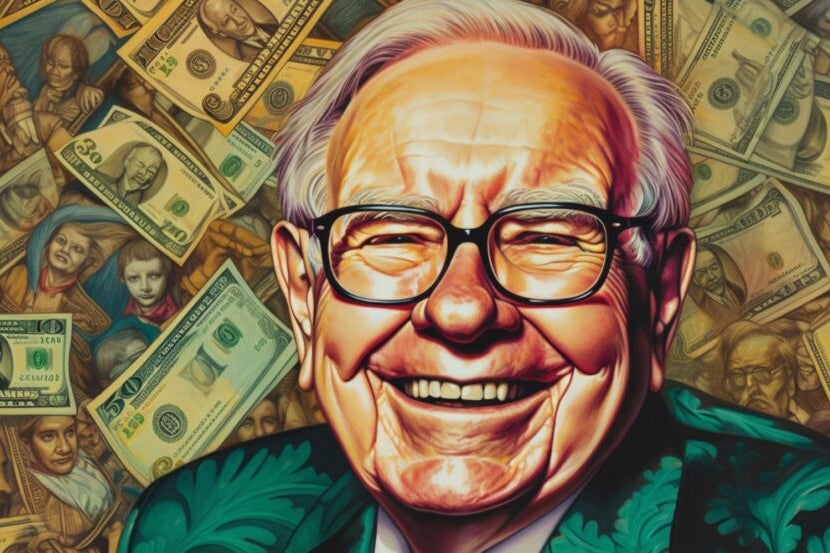More than half of a survey’s 352 respondents have reportedly said that Warren Buffett‘s Berkshire Hathaway Inc BRK BRK will outperform the S&P 500 index over the next five years.
What Happened: The latest Markets Live Pulse survey indicated that finance professionals and retail investors consider there is a significant price premium embedded in Berkshire Hathaway’s shares, betting that the group will outperform the U.S. market, reported Bloomberg.
Also Read: Best Penny Stocks
The optimistic response comes ahead of the company’s annual shareholder meet and at a time when economists believe there’s a 65% chance that the U.S. will enter a recession over the next year, the report said.
Defensive Stocks: Survey respondents believe that defensive stocks will perform better than technology names in the months to come. This belief would work out well for Berkshire given that Buffett is likely to avoid the latter category due to recent lofty valuations.
Investors also believe there is still a Buffett premium attached to the conglomerate’s share price, with almost two-thirds of respondents valuing that premium at up to 10%, the report said.
Berkshire Hathaway shares have returned over 6% since the beginning of the year. Historically, the shares have returned a compounded annual 9.5% through the first quarter from the turn of the millennium as against the S&P’s 6.5% return, the report said.
Interestingly, just days ahead of the shareholders’ meet, Berkshire Hathaway’s Vice Chairman Charlie Munger has warned that a storm is brewing in the U.S. commercial property market, with American banks “full of bad loans” as property prices fall.
This illustration was generated using artificial intelligence via MidJourney.
Image and article originally from www.benzinga.com. Read the original article here.

